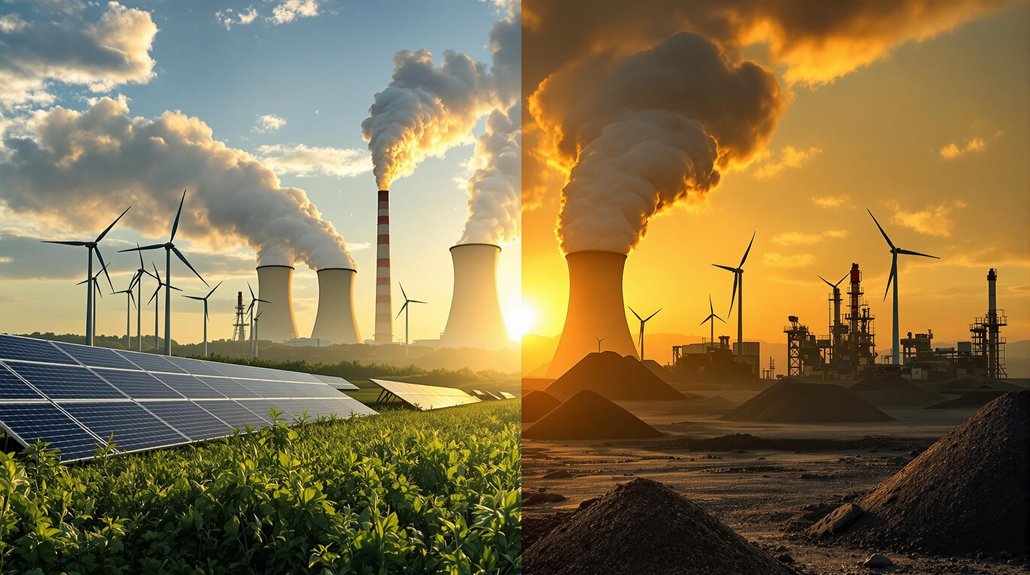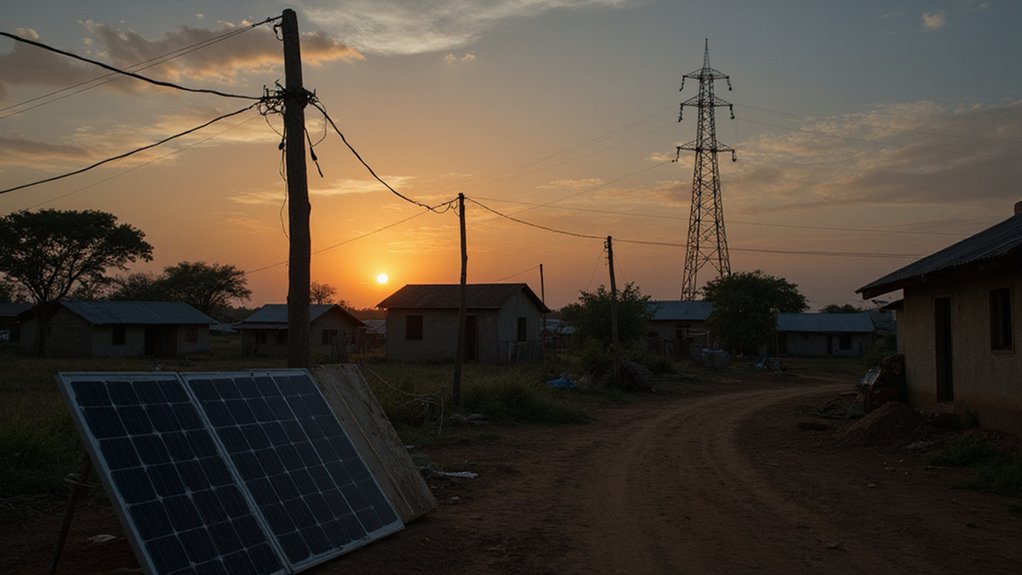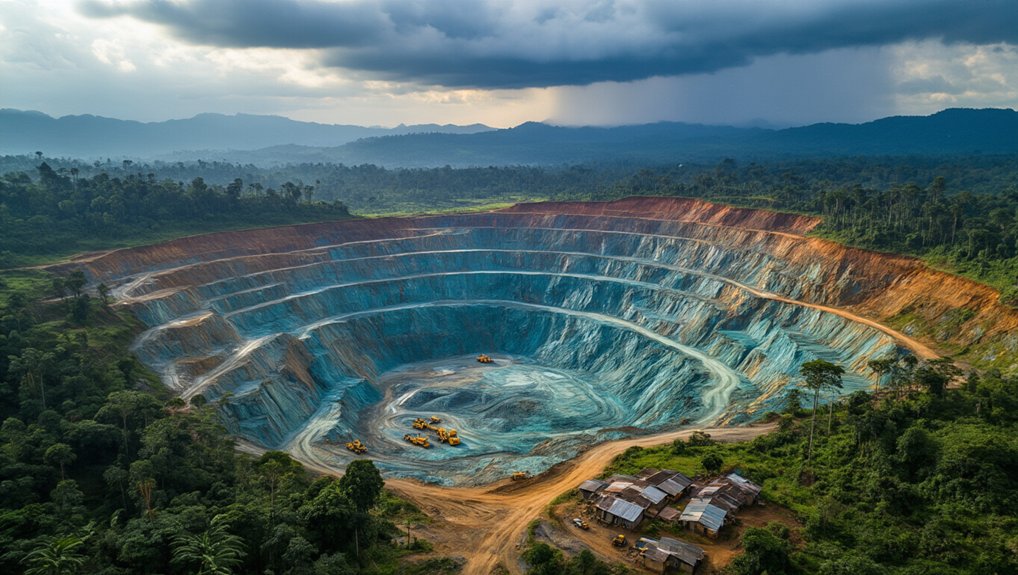The Trump administration abandoned global climate commitments, withdrawing from the Paris Agreement and cutting $2 billion in annual climate financing. Developing nations suffered as clean energy projects were scrapped, forcing increased reliance on fossil fuels. Meanwhile, China stepped in as the clean energy leader. U.S. coal exports to India jumped 115%, and global CO2 emissions are projected to rise 16% by 2025. Two-thirds of Americans weren’t happy about it, either. The full environmental impact remains to be seen.
Nearly every promise made to the world about America’s clean energy future has been shattered. The Trump administration didn’t just step back from climate leadership—it took a flying leap backward, withdrawing from the Paris Agreement and canceling a $3 billion pledge to the UN Green Climate Fund. So much for American reliability.
Developing nations got hit hardest. A whopping $2 billion in annual climate finance? Gone. Clean energy projects across Africa and Asia? Abandoned. The Power Africa initiative that was supposed to bring renewable energy to millions? Dumped like yesterday’s trash. Instead, these countries were left scrambling for alternatives while America turned its back.
What replaced all those green promises? “Freedom gas.” That’s what the administration actually called the liquefied natural gas it started pushing on Europe and Asia. Despite being the world’s largest oil producer, America chose to promote fossil fuels abroad instead of clean alternatives. Meanwhile, $300 million flowed to coal projects in Ukraine and Vietnam. U.S. coal exports to India jumped 115% between 2016 and 2018. Apparently, clean energy was just too clean.
The global power vacuum didn’t stay empty long. China swooped in, taking over clean energy leadership and financing. Russia strengthened ties through fossil fuel partnerships. The EU stepped up its climate diplomacy. America’s absence had consequences—and not the kind that make America great again.
The economic fallout was predictable. U.S. clean tech companies watched their market share in emerging economies vanish. Clean energy jobs in America dropped 24% from 2017 to 2020. Global investment in clean energy fell 7% in 2019. But hey, coal-dependent nations got a short-term boost! Worth it?
The environmental math isn’t pretty. Global CO2 emissions are projected to increase 16% by 2025. Thirty-seven developing countries slowed their adoption of renewables. Urban areas relying on coal saw increased air pollution. The carbon footprint of these nations increased dramatically as they returned to fossil fuels. The recent JETP initiative cancellation deals another blow to efforts that aimed to prevent up to 1.5 gigatons of emissions over two decades. The Paris temperature goals? Further away than ever.
Americans noticed. Two-thirds disapproved of these climate policy changes. Youth protests spread to 150 countries. Cities and states created their own international climate partnerships. The world kept moving forward—even as America stepped back.







